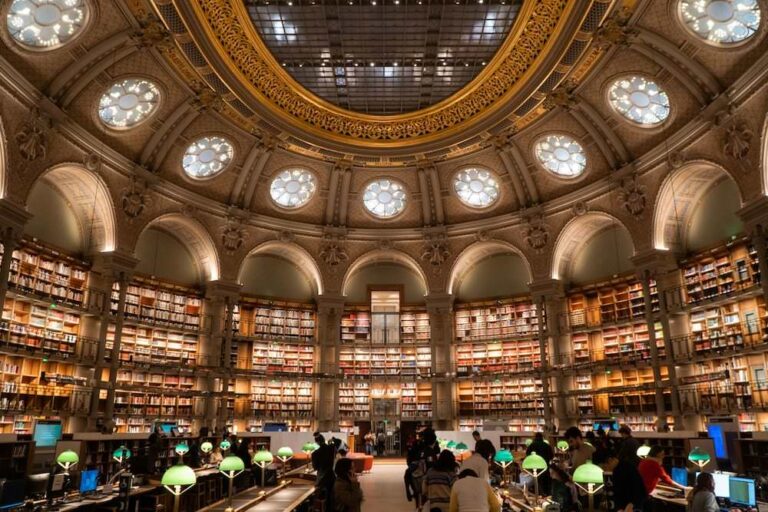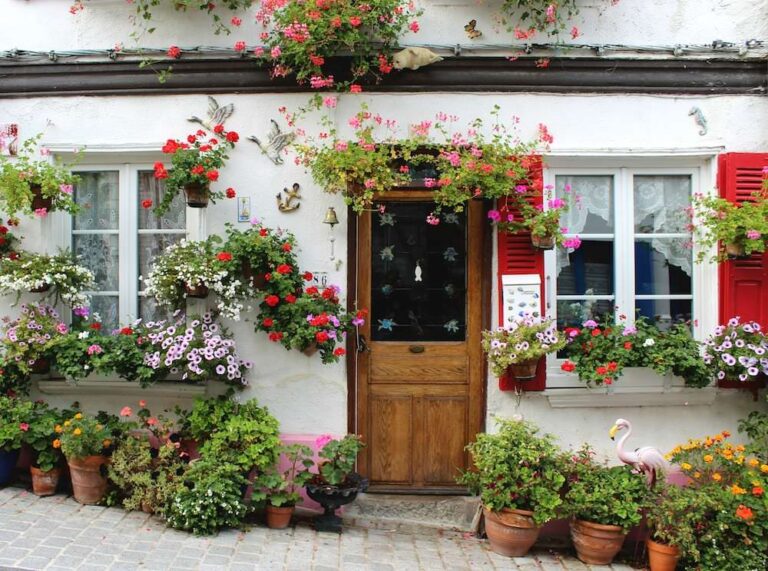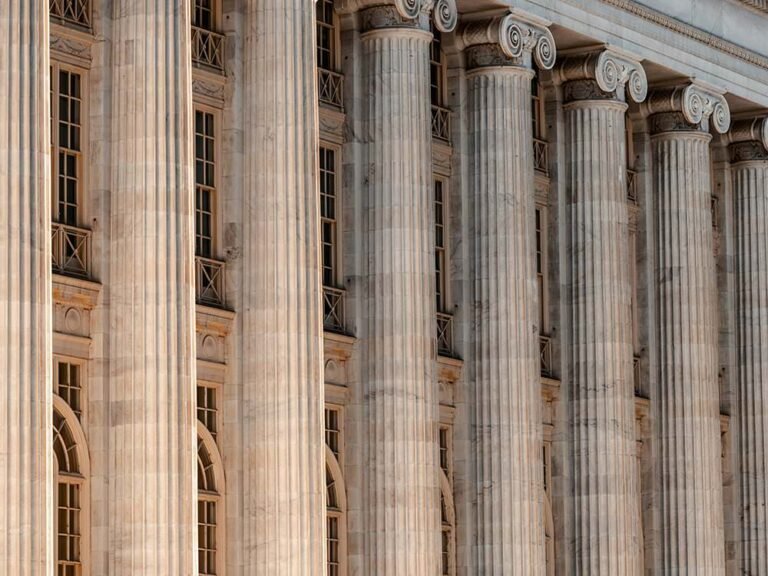voir
The French verb “voir” primarily means “to see.” It can be used in various contexts and expressions, such as:
- To perceive with the eyes: “Je vois un oiseau.” (I see a bird.)
- To understand or realize: “Je vois ce que tu veux dire.” (I see what you mean.)
- To visit: “Je vais voir mes amis.” (I am going to see my friends.)
- To witness or experience: “Elle a vu un accident.” (She saw an accident.)
- To look at or check: “Voyons ce que nous avons ici.” (Let’s see what we have here.)
- To meet or consult: “Je vais voir le médecin.” (I am going to see the doctor.)
Present Tense
| Pronoun | Conjugation |
|---|---|
| Je | vois |
| Tu | vois |
| Il/Elle | voit |
| Nous | voyons |
| Vous | voyez |
| Ils/Elles | voient |
Passé Composé
| Pronoun | Conjugation |
|---|---|
| J’ | ai vu |
| Tu | as vu |
| Il/Elle | a vu |
| Nous | avons vu |
| Vous | avez vu |
| Ils/Elles | ont vu |
In the passé composé, “voir” is conjugated with the auxiliary verb “avoir” followed by the past participle “vu”.
Futur Simple
| Pronoun | Conjugation |
|---|---|
| Je | verrai |
| Tu | verras |
| Il/Elle | verra |
| Nous | verrons |
| Vous | verrez |
| Ils/Elles | verront |
In the simple future tense, “voir” changes its stem to “verr-” and then the endings are added, which are consistent with regular future tense endings in French.
Idiomatic expressions using the French verb “voir”:
- Y voir clair: To see clearly, to understand clearly.
- Example: “Maintenant, j’y vois clair dans cette affaire.” (Now, I see clearly in this matter.)
- Voir le jour: To be born or to come into existence.
- Example: “Le projet a vu le jour l’année dernière.” (The project came into existence last year.)
- Voir la vie en rose: To see life through rose-colored glasses, to be very optimistic.
- Example: “Depuis qu’elle est amoureuse, elle voit la vie en rose.” (Since she’s in love, she sees life through rose-colored glasses.)
- Voir midi à sa porte: To see things from one’s own perspective.
- Example: “Il voit toujours midi à sa porte.” (He always sees things from his own perspective.)
- En voir de toutes les couleurs: To go through a lot of difficulties.
- Example: “Avec ce travail, j’en vois de toutes les couleurs.” (With this job, I’m going through a lot of difficulties.)
- Voir le bout du tunnel: To see the light at the end of the tunnel.
- Example: “Après des mois de travail, nous voyons enfin le bout du tunnel.” (After months of work, we finally see the light at the end of the tunnel.)
- Faire voir à quelqu’un de quel bois on se chauffe: To show someone what one is made of.
- Example: “Il va lui faire voir de quel bois il se chauffe.” (He’s going to show him what he’s made of.)
- Voir double: To see double (often because of intoxication or illness).
- Example: “Il avait bu tellement qu’il voyait double.” (He had drunk so much that he was seeing double.)
- Voir d’un mauvais œil: To look unfavorably upon something.
- Example: “Ils voient d’un mauvais œil ce changement.” (They look unfavorably upon this change.)






